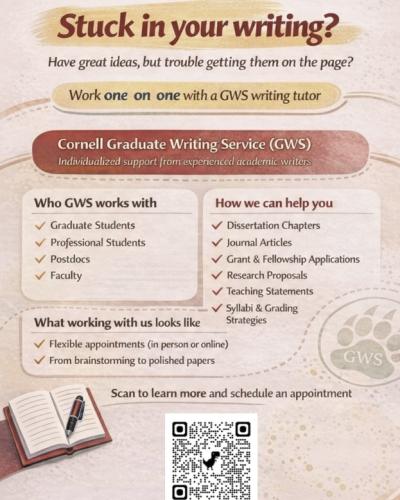Teaching FWS students how to engage with and effectively write about source material can be one of the most important things we do as FWS instructors. From documentation to voice, from selecting passages to deciding when and how to paraphrase or quote them, from summary to analysis, etc., it can be difficult to know where to start and when to end the lesson, and how to best frame sourcework as the kind of conversation that assuredly extends beyond a single writing course that is situated within a specific discipline as yours and mine are.
I have linked below two of my favorite online resources, resources that I hope you'll share with students so that they can return to them semester after semester as they contemplate the ways that their work with sources changes when they write in different disciplinary, professional, and public contexts and as they become different thinkers.
I also hope that you will consider if and how you might use these resources to design classroom activities that give students opportunities to work with you and each other to explore and reinforce strategies and best practices. The most challenging aspect of teaching sourcework at the college level, I have found, is not providing adequate training in mechanics (although that is what is most often taught and often exclusively taught), but rather helping students make the transition to a different mindset, the scholarly habit of mind that requires them to not (just) "write about" source material, but to "write with" source material.
- Harvard Guide to Using Sources Find here a concise, yet fairly comprehensive web-based textbook.
- Quoting & Paraphrasing (University of Wisconsin - Madison Writing Center) Find here a PDF handout with detailed guidelines, pro tips, and examples of effective and failed attempts to paraphrase and insert direct quotations.
I’ll note that is not too late to connect with a librarian. Cornell Libraries offer superb instructional support for FWS teachers and students. In my FWS, librarians have
- Run synchronous, online sessions;
- Customized materials to assist my students asynchronously, such as videos, library research guides, or self-guided tutorials; and
- Held one-on-one research consultations with students in my FWS.
- Follow this link to Request Class Instruction
I require FWS students to conduct independent research in my FWS for many reasons – the most compelling being that I am inspired by their curiosity and enjoy seeing how they use writing to deeply explore a question or idea seeded in course material and class discussion.
Preventing Plagiarism
Educational researchers Thomas S. Dee and Brian A. Jacob found in their study, “Rational Ignorance in Education: A Field Experiment in Student Plagiarism,” that students who completed an anti-plagiarism tutorial before submitting scholarly papers were substantially less likely to plagiarize. If nothing else, please consider assigning one or both of the superb options below. I work with students in class to complete the CAS Plagiarism Tutorial and then assign Indiana University’s Certification Test for homework.
- Cornell University College of Arts & Sciences Plagiarism Tutorial
- Indiana University’s How to Recognize Plagiarism Certification Test
For more ideas on teaching research, follow this link to a real time GoogleDoc | Teaching Research in FWSes to learn more about these topics and for lesson planning ideas and resources. Join other FWS instructors to post ideas for additional classroom activities and instructional tools that you have tried or are considering.




